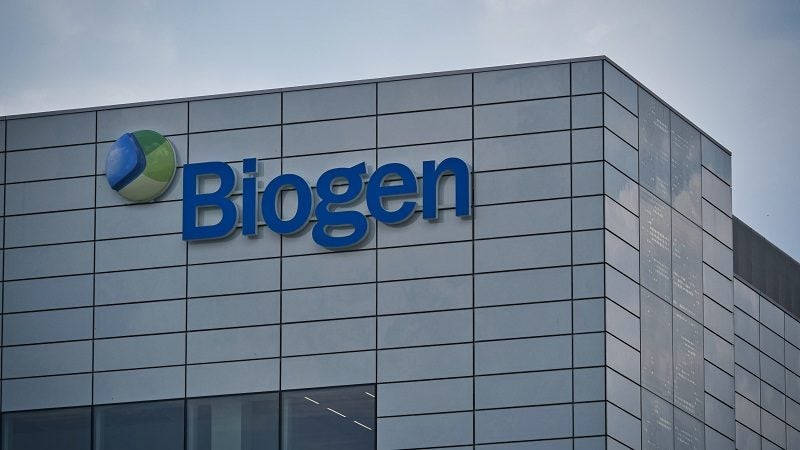
On March 22, an FDA Advisory Committee (AdCom) unanimously voted in favor of accelerated approval for Biogen’s tofersen for a rare form of amyotrophic lateral sclerosis (ALS). Panelists voted 9-0 that tofersen’s demonstrated reduction in plasma neurofilament—a biomarker of neurodegeneration—was “reasonably likely” to predict clinical benefit in ALS.
The AdCom decision was specific to ALS associated with mutations in the superoxide dismutase 1 (SOD1) gene, also called ALS-SOD1. ALS-SOD1 is a rare mutation accounting for approximately 20% of familial ALS cases and 2% of all other ALS cases. Though the AdCom voted unanimously in favor of accelerated approval, panelists voted 5–3 against a traditional approval based on insufficient current efficacy data.

Discover B2B Marketing That Performs
Combine business intelligence and editorial excellence to reach engaged professionals across 36 leading media platforms.
During the AdCom, Biogen contended that plasma neurofilament, which is associated with axonal damage in ALS, is likely to correlate with long-term functional outcomes in ALS. Though some panelists raised concerns over the strength of data supporting the neurofilament biomarker, all members ultimately supported the biomarker’s use.
Meanwhile, during the AdCom’s open comment section, numerous patient advocates, caregivers, and clinicians also stressed the high unmet need for treatments targeting ALS-SOD1. Tofersen is an antisense oligonucleotide (ASO), a type of personalized medicine approach gaining traction for treating ultra-rare diseases.
Now armed with a positive AdCom recommendation, the FDA will have until April 25 to make an official regulatory decision for tofersen.
Mixed tofersen data in ALS
In the Phase III VALOR study (NCT02623699), tofersen missed the primary efficacy endpoint of ALS function. But tofersen met secondary endpoints of lowering NfL and SOD1 protein levels, which Biogen and multiple panelists said justified an accelerated approval.

US Tariffs are shifting - will you react or anticipate?
Don’t let policy changes catch you off guard. Stay proactive with real-time data and expert analysis.
By GlobalDataBiogen said the VALOR study was not sufficiently powered to detect changes along the primary efficacy endpoint of the Revised ALS Functional Rating Scale (ALSFRS-R). The company cited correlations between NfL reduction and ALSFRS-R to suggest tofersen would likely yield clinical efficacy in a longer, confirmatory study.
The ongoing, 150-patient Phase III ATLAS trial (NCT04856982), which could serve as a confirmatory study, tests tofersen in 150 presymptomatic patients with an SOD1 mutation and high levels of NfL. As a primary endpoint, the trial measures the percentage of participants who develop clinically manifest ALS within one year.
The FDA’s accelerated approval pathway allows the agency to grant conditional approval for drugs that target high unmet needs and demonstrate an effect on a surrogate marker. Accelerated approvals are contingent on the company demonstrating functional outcomes in a subsequent confirmatory trial.
FDA approval controversies
Though the FDA usually follows AdCom recommendations, the agency has recently acted against negative AdCom votes in a series of notable cases. In the ALS space, the FDA approved Amylyx’s Relyvrio (sodium phenylbutyrate and taurursodiol) last September—despite an AdCom narrowly voting against approval earlier that year.
Meanwhile, the FDA became embroiled in controversy after granting Biogen’s Aduhelm (aducanumab) accelerated approval for Alzheimer’s disease in 2021. An AdCom had overwhelmingly rejected approval, leading to multiple AdCom members resigning in protest and a subsequent congressional investigation.
Nevertheless, after an overwhelmingly positive AdCom for tofersen, patient advocates hope the FDA will continue the momentum for rare disease approvals. Meanwhile, the ALS drug development pipeline has a slate of major candidates looking to capitalize on key clinical trial milestones in 2022.





